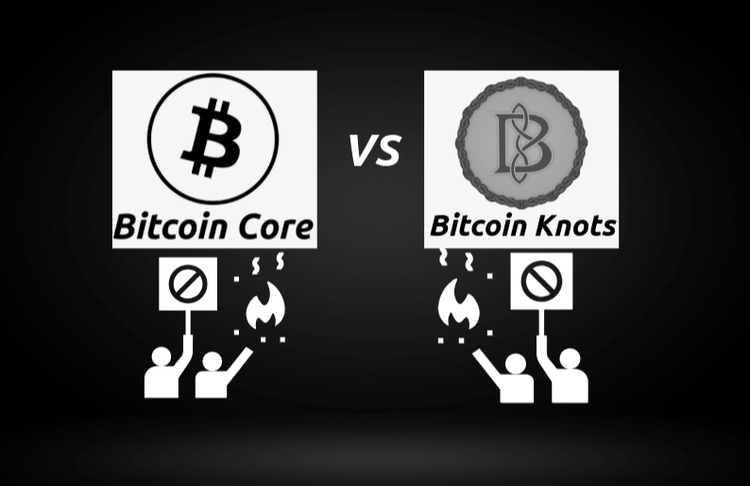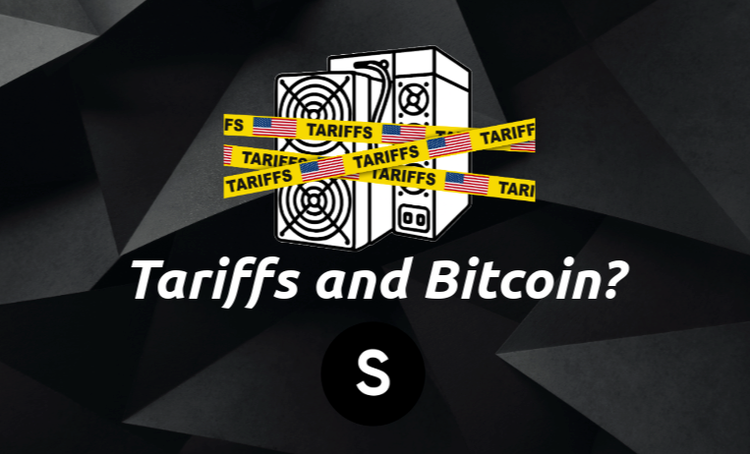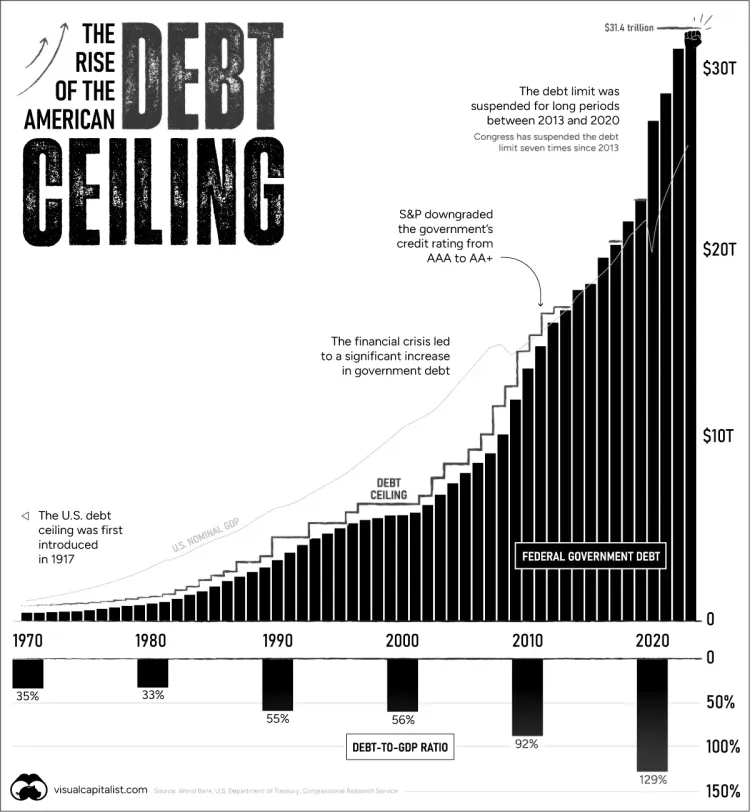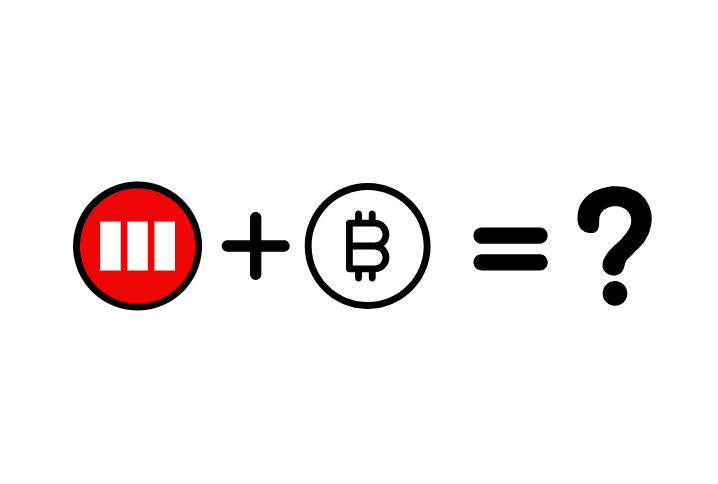Gold vs Bitcoin
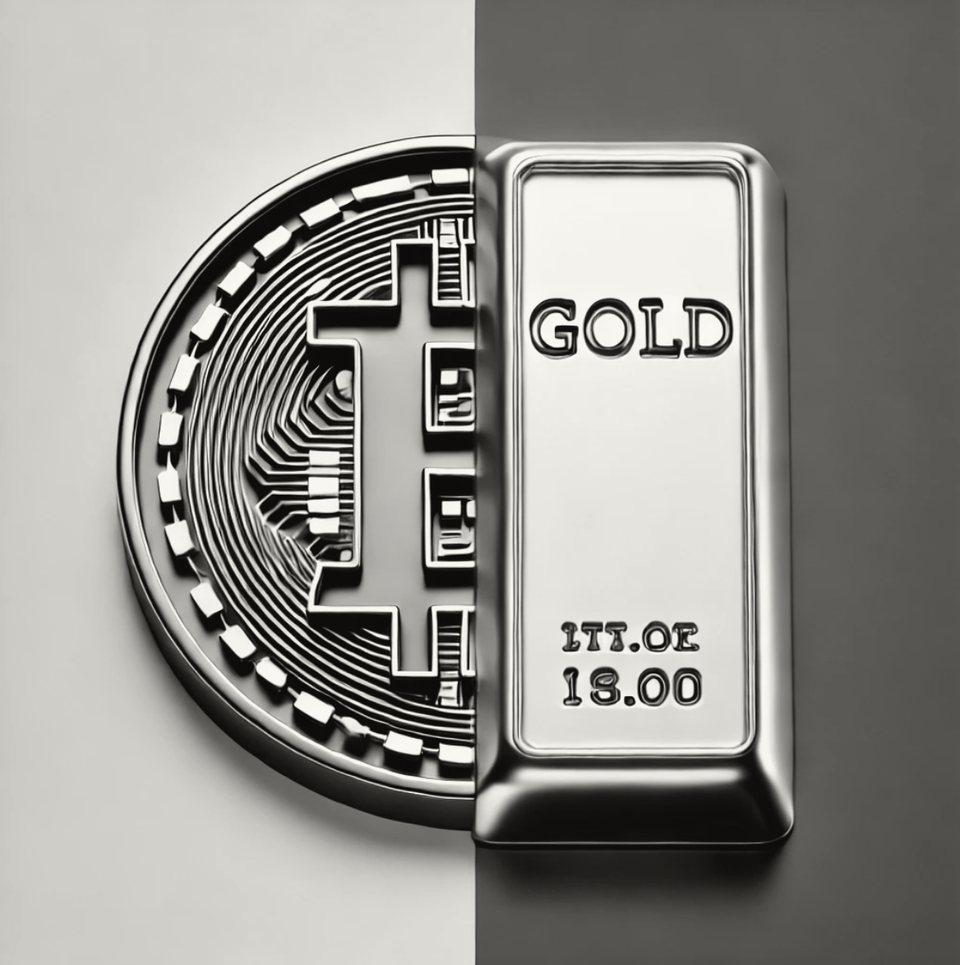
Is Bitcoin the superior monetary media to Gold?
When it comes to storing purchasing power, gold has been the go-to asset for thousands of years.
But how does it compare to Bitcoin?
Understanding the differences between these two assets and their implications is of great importance for anyone looking to protect and grow their wealth.
Why This Comparison Matters
This comparison is important because it touches on the fundamental principles of what makes money valuable.
Societies tend to converge on the tool with the best monetary properties: scarce, fungible, portable, durable, and divisible.
This article will explain how Gold and Bitcoin meet each of these properties.
Gold Supply
Gold has long been considered a safe haven for wealth.
It’s scarce, durable, and has a long history of being used as money. For centuries, people have trusted gold to preserve their wealth through economic turmoil.
However, gold is not without its flaws.
One of the main issues with gold is how the "monetary policy" is managed.
The Gold supply is unknown, and it is impossible to audit the total supply.
As technology advances or the value of gold increases, we find more efficient ways to mine and extract gold, increasing the supply over time.
In fact, the total amount of gold in the world grows by about 1-2% each year.
While this might not seem like much, it compounds over time, gradually diluting the value of gold holdings.
Moreover, gold is abundant in the universe, and there are even large quantities of gold in Earth's oceans. As technology progresses, it’s possible that we will find ways to access these vast resources, further increasing the supply and potentially devaluing gold.
Bitcoin Supply
Bitcoin, on the other hand, offers something gold cannot—absolute scarcity.
The total supply of Bitcoin is capped at 21 million units, and this limit is enforced by a decentralized network of computers.
The Bitcoin monetary policy can be verified at any time with a node.
Unlike Gold, no amount of technological advancement or value appreciation can increase the supply of Bitcoin.
Gold vs Bitcoin Commerce
Gold is very costly, cumbersome, and slow to move.
This is the reason why gold-backed paper dollars were initially created, which in turn produced centralization and confiscation.
Bitcoin has the advantage of portability and divisibility.
Bitcoin is easier to store, transport, and divide.
You can send any amount of Bitcoin, anywhere in the world, at a low cost, in less than 10 minutes.
Bitcoin also maintains a high level of saleability across time and space, making it a perfect tool for global commerce.
Gold cannot match these features without a co-opted derivative.
Bitcoin is a mathematically engineered money.
Bitcoin boasts hard money principles in an increasingly digital world, and time will unveil its superiority.
The core argument for Bitcoin over Gold lies in Bitcoin's ability to translate gold-like properties into the digital realm.
Markets are forward-looking.
As more people recognize Bitcoin’s superior properties, we could see a significant shift in wealth from Gold to Bitcoin.
Even before any massive increase in Gold’s supply, the mere anticipation of it could drive down the value of Gold relative to Bitcoin.
What Should You Do?
If you’re holding Gold as a store of value, it might be time to reconsider. Bitcoin’s fixed supply and superior portability make it a compelling alternative. The sooner you move your wealth into an asset that doesn’t melt away over time, the better.
Conclusion
While gold has been a trusted store of value for centuries, Bitcoin offers a modern alternative that addresses many of Gold’s shortcomings. As technology continues to evolve, Bitcoin’s fixed supply makes it a more reliable and secure option for preserving wealth.
The world is gradually shifting from inferior assets like Gold to Bitcoin, the apex form of property.
